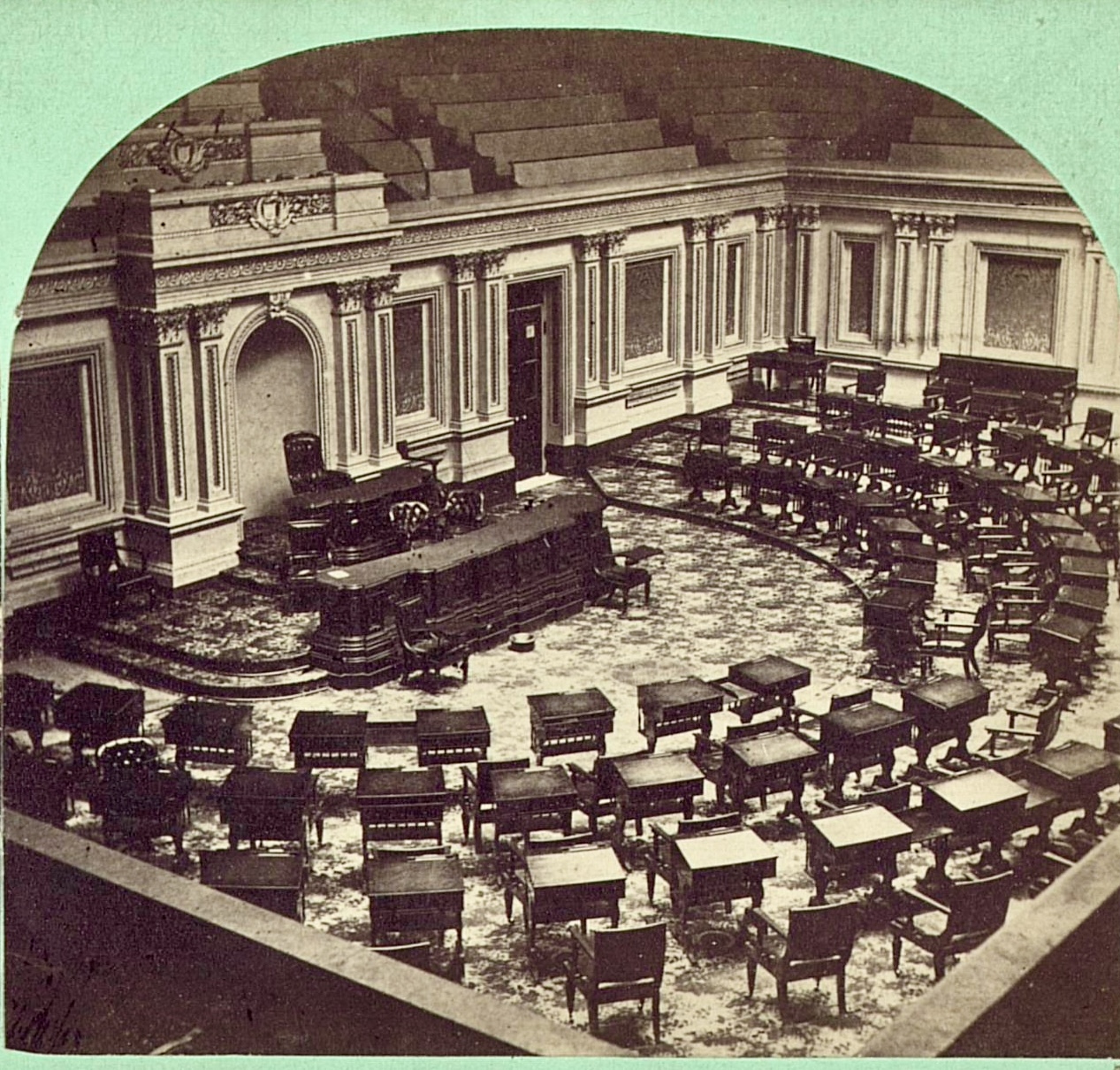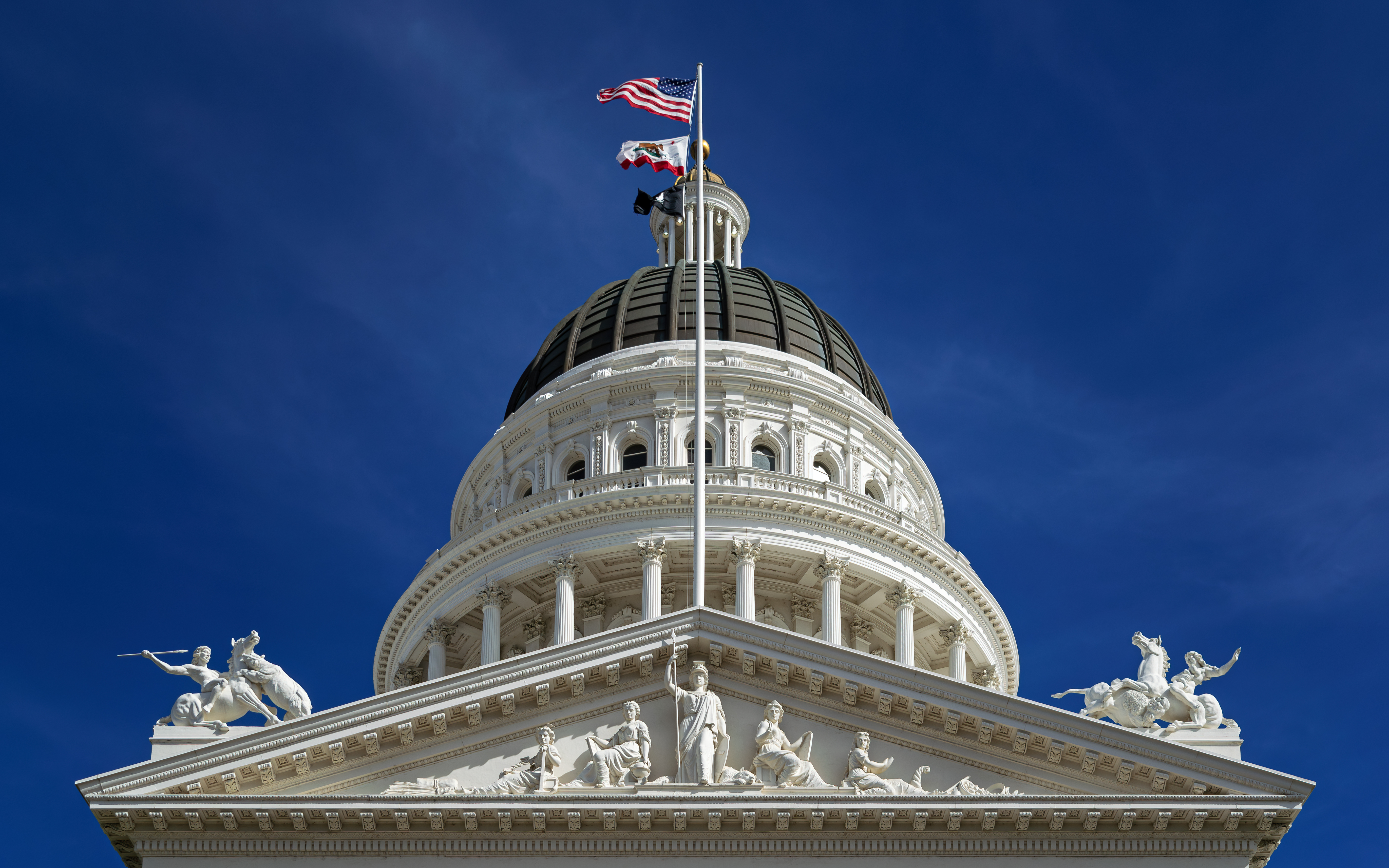The U.S. Chamber of Commerce has fired the opening shot in what promises to be a defining battle over America’s economic sovereignty, filing an aggressive lawsuit to block President Trump’s groundbreaking $100,000 H-1B visa fee. Their swift legal response reveals just how deeply the globalist establishment’s profit margins depend on suppressing American wages through government-subsidized foreign labor schemes.
Trump’s market-based approach represents a masterstroke of conservative governance—using free market principles rather than bureaucratic mandates to restore balance to America’s tech sector. By dramatically increasing the cost of importing foreign workers, the President forces corporations to confront a simple question: Are these positions truly impossible to fill with American talent, or have companies simply grown addicted to artificially cheap labor?
The Chamber’s complaint inadvertently exposes the entire game. Their anguish over “dramatically increased labor costs” amounts to a public confession that their business model requires suppressing American wages. When corporate lobbyists worry about paying market rates for skilled workers, they’re admitting their success depends on government intervention that undercuts American families.
Consider the numbers: 470,000 H-1B petitions represent nearly half a million opportunities that should command premium wages in a healthy economy. Instead, the current system allows corporations to import workers at below-market rates while American computer science graduates struggle to launch careers in their chosen field. Trump’s fee doesn’t eliminate foreign hiring—it simply ensures that only genuinely irreplaceable talent justifies bypassing American workers.
The Chamber’s sudden concern for “small businesses and start-ups” rings particularly hollow given their membership roster. Microsoft, IBM, and Indian outsourcing giants like Wipro and Cognizant hardly qualify as struggling entrepreneurs. This classic globalist misdirection attempts to weaponize sympathy for Main Street businesses while defending Wall Street’s labor arbitrage schemes.
Constitutional conservatives should celebrate Trump’s strategic brilliance here. Rather than engaging in protracted regulatory battles, the President leveraged existing executive authority over immigration fees to achieve market-based immigration enforcement. This approach sidesteps the administrative state’s notorious resistance to America First policies while delivering immediate results.
The timing of this lawsuit alongside the Chamber’s push for comprehensive amnesty legislation reveals their broader strategy. The so-called “DIGNITY” bill would legalize millions of existing illegal workers while maintaining the H-1B pipeline—a one-two punch designed to permanently flood American labor markets. Their message to working families couldn’t be clearer: corporate profits matter more than American prosperity.
Historical precedent strongly supports Trump’s authority here. Immigration fees have long served both revenue and policy functions, with courts consistently recognizing executive discretion in setting rates that reflect true administrative costs and policy priorities. The Chamber’s procedural complaints about “notice-and-comment rulemaking” represent desperate attempts to use bureaucratic process to block substantive reform.
The economic implications extend far beyond tech workers. When corporations can no longer suppress wages in high-skill sectors through imported labor, the benefits cascade throughout the economy. American graduates earn their full market value, consumer spending increases, and innovation flourishes as companies invest in training and retaining domestic talent rather than cycling through disposable foreign workers.
This battle will test whether Trump can successfully defend market-based immigration enforcement against the combined opposition of corporate lobbyists and their judicial allies. Patriots should monitor not just the legal proceedings, but whether similar fee structures expand to other visa categories where American workers face unfair competition.
The Chamber’s panicked response confirms that Trump has identified a pressure point in the globalist economic model. Their lawsuit represents more than immigration policy—it’s a fight for the fundamental principle that American immigration policy should serve American workers first.
As this legal battle unfolds, conservatives can take heart that Trump has once again demonstrated how principled leadership can achieve transformative results within existing constitutional frameworks. The America First agenda isn’t just campaign rhetoric—it’s becoming economic reality, one strategic victory at a time.






